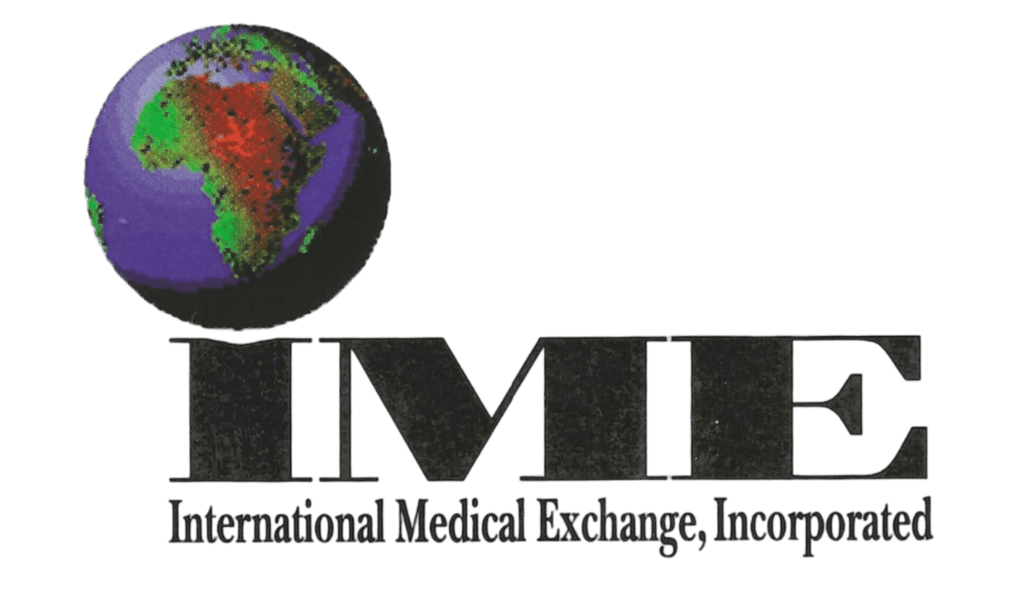Upcoming Projects
Harnessing AI to Improve Public Health in Africa
IME is launching an exciting new initiative to demonstrate the power of artificial intelligence (AI) to transform public health in Africa.
In collaboration with Ministries of Health and leading medical institutions in Nigeria, Kenya, South Africa, Zambia, Namibia, Botswana, Ghana, and other African nations, IME aims to develop AI solutions tailored to local health priorities. Potential projects include improving screening and early detection of diseases, optimizing resource allocation, predicting outbreaks, personalizing treatment plans, assisting overburdened workers, and more.
IME will facilitate connections between North American and African data scientists, clinicians, engineers, policymakers, community leaders, and other stakeholders to build context-appropriate AI systems. By exchanging knowledge and capabilities, we hope to overcome limited access to data, infrastructure, and AI expertise facing many African public health systems today.
Collaboratively developed pilot projects will lead to publishable results and open source tools that can be scaled to maximize impact across Africa. IME is committed to transferable capacity building and health equity as core principles. Our initiatives will demonstrate how AI, when responsibly harnessed, can save lives and reduce suffering for vulnerable populations worldwide.
We invite all interested partners across sectors and geographies to join IME in this effort to demonstrate the public health promise of AI in Africa.
Please visit IME AI Offerrings (SLAM-AI project).
Past Projects
Empowerment Through Health: A Collaboration of Nations, Sun City, South Africa Report of the Multinational Symposium- “Telemedicine and Advanced Technology Support to Combat HIV/AIDS and other Infectious Diseases Borne by South Africa’s Military Personnel.” South Africa
In partnership with the South African Medical Research Council (MRC), the South African National Defense Force (SANDF), and Sojourner-Douglass College (S-DC) in Baltimore, MD, we led a pilot research study on HIV/AIDS.
Titled “Telemedicine and Advanced Technology Support to Combat HIV/AIDS and other Infectious Diseases Borne by South Africa’s Military Personnel,” this project aimed to evaluate telemedicine technology’s effectiveness as a clinical and educational tool for managing HIV/AIDS within the South African Military.
- Multinational Symposium
- “Developing Sustainable African Healthcare Delivery Systems for the Millennium,” Cape Town, South Africa
This health symposium addressed the development of African health initiatives for the millennium, specifically on the role and impact of information and communication technologies. It aimed to establish a programmatic framework that would enhance communication and health information technology, leading to improved performance of African health systems. A key focus was placed on the development of human resources for health.
- Report of the Symposium
- International Medical Exchange Conference (1997)
- “Empowerment Through Health: A Collaboration of Nations,” Sun City, South Africa
The conference witnessed the presence of 750 delegates from various countries in Sub-Saharan Africa and the U.S. It received co-endorsement from the National Medical Association in the U.S. and the South African Medical and Dental Practitioners Association. Attendees engaged in discussions tackling major health challenges prevalent in African nations. They also deliberated on the obstacles that hinder the development and implementation of successful health programs in Africa.
- Project Development Workshop (1999), Nairobi, Kenya
Upon the request of an inaugural conference in South Africa, we arranged a follow-up workshop in Nairobi, Kenya, with sponsorship from USAID. The workshop aimed to strengthen the capacity of health policymakers and professionals in Africa. Specifically, it empowered African Ministers of Health to strategize and mobilize essential resources to successfully implement targeted national health programs.
Participants were guided on devising action plans for crisis preparedness, establishing sustainable primary healthcare initiatives, and effectively responding to significant medical emergencies.















